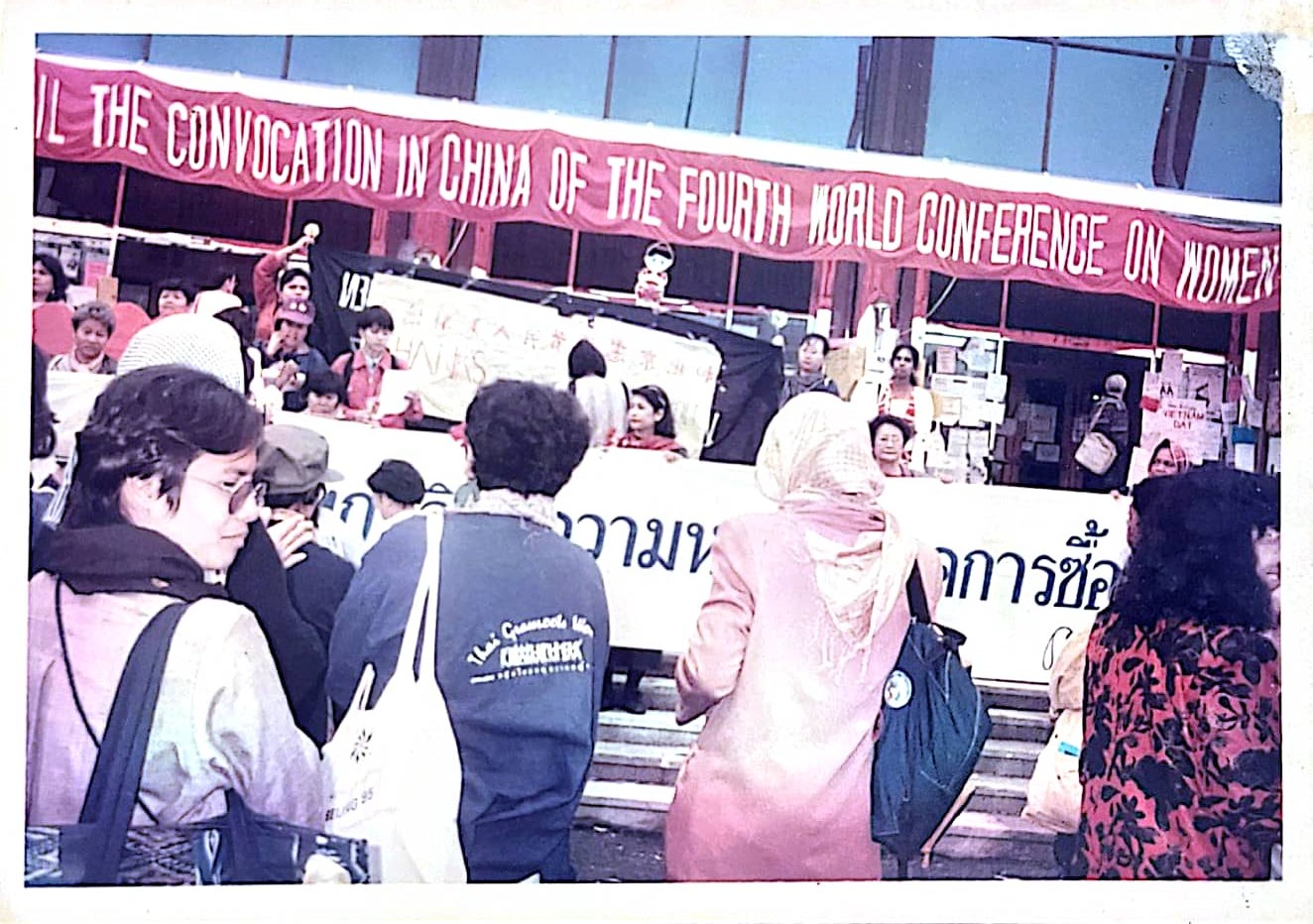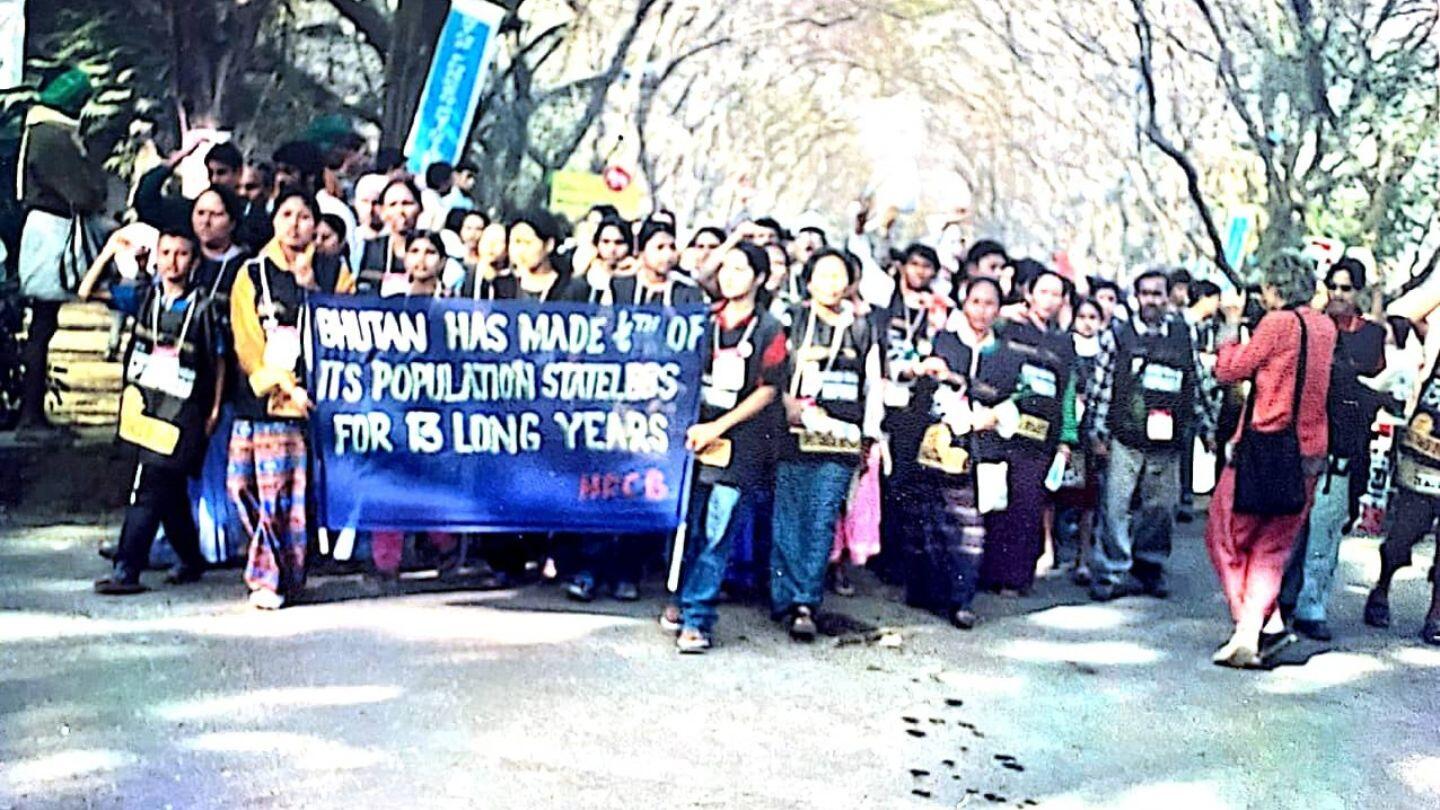The Significance of the Beijing Conference
The Beijing Conference is not only a historical landmark on bringing gender-related issues to the fore, but also mainstreaming gender in all fields. At Beijing, for the first time, a comprehensive programme of action was initiated through the Platform for Action.
Dr. Thiruchandran states:
“The Beijing Conference for the first time alerted the entire world to gender related issues. It further spurred member States and their agencies, for the first time, to take action and introduce legislations that would compel the legislature to discuss and debate these issues of gender equality in Parliament.”
For the first time, the world was alerted to the systemic barriers that hinder women's rights and opportunities. The Conference led to the introduction of gender-sensitive legislation in numerous countries, compelling governments and parliaments to engage with gender equality in a more serious and structured manner. This was a pivotal moment, where governments were not just encouraged but compelled to take action to address gender disparities.
Addressing Patriarchy and Spurring Global Movement
The Beijing Conference, for the first time, also opened many avenues through which the issue of patriarchy was addressed. The outcome of the Conference was a powerful worldwide Women’s Movement, which made a huge impact on the socio-political and cultural practices and ideology of many countries.
As Dr. Thiruchandran observes:
“The outcome of the Conference was a powerful worldwide Women’s Movement, which made a huge impact on the socio-political and cultural practices and ideology of many countries.”
Conferences and seminars organized by women’s groups and NGOs at local and international levels led to an exchange of views, sharing of lessons and best practices, and built up solidarity, both locally and internationally. To add to the significance of the Beijing Conference, there emerged an intellectual inquiry by social scientists, psychologists, anthropologists, and sociologists about the rights of women and gender equality. There was a plethora of books and journals published both locally and internationally. This process made gender issues and the negative aspects of patriarchy the centre of intellectual debates.
Successes and Shortcomings
Now, at the end of thirty years, we have to examine and evaluate whether the above aspirations have been sufficiently operationalized and measure the degree of success. There will be many responses from various quarters - the Women’s Movement, the State, NGOs, and other sectors of public life.
From Dr. Thiruchandran’s perspective:
“The success of the above has been truncated by many socio-economic and socio-political factors.”
Of late, there are many who are engaged in economically uplifting women, such as the banks, financial institutions, and some state sectors through its mainstream activities – little realizing that economic upliftment does not necessarily lead to Gender Equality.
Dr. Thiruchandran highlights:
“There is a serious gap in the way the whole ‘Gender’ question is looked at.”
Economic upliftment alone does not necessarily translate into gender equality. Women’s financial independence is important, but it must be paired with a deeper understanding of the cultural and societal barriers that sustain gender inequalities. We must acknowledge the gaps in how the “gender question” is approached. While economic empowerment is crucial, it should be part of a broader strategy that also addresses entrenched patriarchal structures.
Dr. Thiruchandran points out the loss of momentum in gender sensitization programs initiated by Progressive Sri Lankan Women’s Groups:
“The Gender Sensitization Programmes initiated by Progressive Sri Lankan Women’s Group are now lost.”
There is an urgent need to once more adopt ways and means of consciousness-raising at all levels. Issues such as egoism of male partners, the increasing number of incidents relating to violence against women, the psycho-social aspect of egoism, complete surrender by the female partners, and the accompanying silence of the women – all these have to be addressed if we are to achieve gender equality.
Moving Forward
Looking at the world situation, issues are similar. Collaborative actions have to be initiated at the socio-economic and socio-political level including many actors—the public service, the state sector, banks, and other financial institutions.
Dr. Thiruchandran concludes:
“This cohesive programme of action both in-country and globally is the need of the hour.”
In conclusion, while the Beijing Conference marked a significant step forward, its full vision has not yet been realized. We must remain steadfast in our efforts to dismantle patriarchy, challenge the structures that perpetuate gender inequality, and work toward a future where gender justice is not just an aspiration but a lived reality for all.



